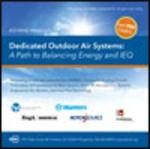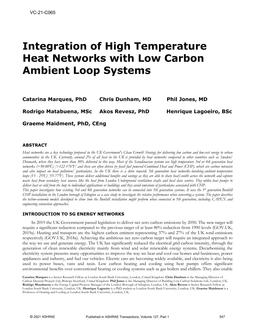Click here to purchase
A building is a boundary between an outdoor climate and indoor conditions. The building energy consumption, notably the energy used for air-conditioning is closely related to outdoor climate. The Solar Radiation, Dry-bulb Temperature and Relative Humidity are the important climatic parameters which affect building’s thermal and visual conditions. The energy codes development analyses and evaluation of new technologies with respect to energy savings and financial viability have been carried out for selected cities that are supposed to represent any particular climate zone. There is a significant change in thermal loads in different cities of a climate zone. Selection of a representative city for a climatic zone is important because it needs to reflect average climatic conditions for a particular climate zone accurately. This study presents a new method that has been developed for the selection of a representative city in any climate zone, using the principle of Euclidean distance approach having a dry-bulb temperature, wet bulb temperature and solar radiation as three axes. The city having minimum Euclidean distance with respect to remaining cities of the same climatic zone is proposed to be taken as a representative city. The proposed method has been applied on each of the five existing climatic zones of India according to National Building Code (NBC) of India and eight climate zones according to ASHRAE Standard 169-2013. The results show representative city according to NBC climate zone classification: Ahmedabad (hot and dry), Lucknow (composite), Kolkata (warm and humid), Bengaluru (temperate) and Srinagar (cold); and according to ASHRAE Standard 169-2013: Ratnagiri (0 A), Ahmedabad (0 B), Kolkata (1 A), Varanasi (1 B), Tezpur (2 A), Amritsar (2 B), Shillong (3C) and Srinagar (4 B).
Citation: ASHRAE/IBPSA-USA Bldg Simulation Conf, Sept 2018
Product Details
- Published:
- 2018
- Number of Pages:
- 8
- Units of Measure:
- Dual
- File Size:
- 1 file , 2.5 MB
- Product Code(s):
- D-BSC18-C070


